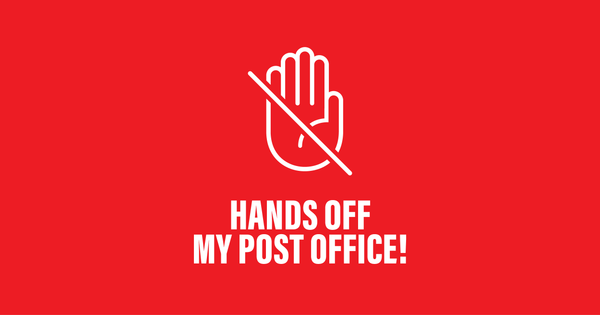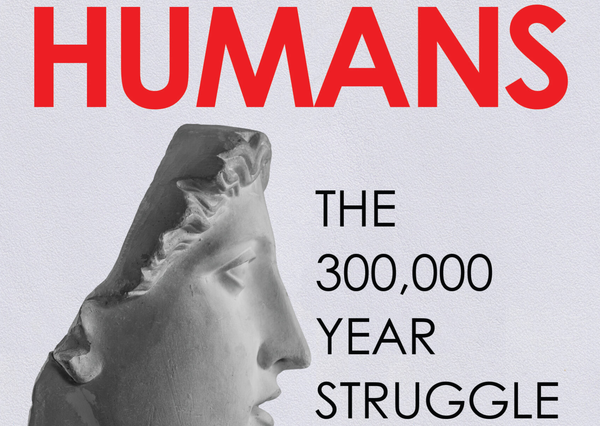The Ontario labour movement celebrated another victory this week. On Tuesday, the Superior Court of Ontario held that Bill 124, the province’s public sector wage suppression law, is unconstitutional. As Justice Markus Koehnen concluded in the determination, the so-called Protecting a Sustainable Public Sector for Future Generations Act, 2019 is “contrary to section 2(d) of the Charter” and is therefore “void and of no effect.” Section 2(d) guarantees freedom of association, which includes the right to collectively bargain and the right to strike.
Bill 124 imposed three year “moderation periods” of 1-per cent annual wage increases on most Ontario public sector employees. Depending on when workers’ collective bargaining agreements expired and were set to be re-negotiated, the timing of these “moderation periods” varied. The bill applied to a wide range of employers, employees and unions, including school boards, universities and colleges, public hospitals, Children’s Aid Societies, and every not-for-profit organization or authority that, in 2018, received at least $1 million in funding from the Ontario government.
The legislation was widely considered a violation of the right to free and meaningful collective bargaining. The government, however, maintained that the law was constitutional because it was time-limited and, supposedly, didn’t interfere with other areas of collective bargaining, beyond capping wage and benefit increases.
The Superior Court disagreed, finding that the government’s legislative intervention was unreasonable and could not be “justified in a free and democratic society.” Moreover, the court found, contrary to the government’s claim, that Bill 124 prevented unions from trading off their salary proposals for other non-monetary benefits. The decision could ultimately see unions and workers seek billions of dollars from the province to compensate for lost wages.
Ontario Premier Doug Ford’s government has claimed since Bill 124’s introduction that public sector wage suppression was a necessary cost-saving measure. The sound fiscal state of the province — currently sitting atop a $2.1. billion surplus — seemingly belies this argument. Koehnen, in fact, directly addresses this false claim in his decision. As he notes, the government provided no sound rationale for Bill 124 and, since the bill’s passage, has provided tax and other relief to the broader public costing more than 10 times the forecasted savings from Bill 124’s wage cap. Scrapping licence plate renewal fees alone cost the Ontario government more than $1 billion in lost revenue.
As Dustin Cook noted at The Globe and Mail, this aspect of Koehnen’s ruling is significant. Wage suppression legislation has been upheld in the past based on other provinces’ sorry financial situations. Ontario could make no such credible claim. Whether we think it’s justifiable to grant governments the right to infringe on collective bargaining rights when they claim the public coffers are empty is a separate question. In this case, by any measure, the Ford government could’ve comfortably afforded to bargain in good faith with public sector unions in 2019 — as it can today.
A broad coalition of unions, including the Ontario Federation of Labour (OFL), the Ontario Nurses’ Association (ONA) and the Elementary Teachers’ Federation of Ontario (ETFO), had challenged the constitutionality of the law. Their challenge was first heard in September. On Tuesday, ONA celebrated the court’s decision as a “win for nurses and public sector workers.” ONA interim provincial president, Bernie Robinson, said: “ONA and its members are celebrating this hard-fought win. This is a vindication of the rights of nurses, and public-sector workers across the province.” ETFO president, Karen Brown, called Bill 124 “a direct attack on teachers and education workers” and called the decision “a major court victory.” On Wednesday morning, the OFL and union affiliates held a press conference to celebrate the court decision and to call on the Progressive Conservative government not to appeal.
Nurses and their unions, in particular, have been voicing strong opposition to Bill 124 since the law was originally passed. Nurses have consistently argued that by directly attacking workers’ wages and living standards, the government was actively driving them out of the healthcare system. The resultant healthcare staffing crisis was of course made worse by Bill 124 coinciding with the pandemic. Worker burnout exacerbated an under-funded healthcare system buckling under the weight of the pandemic. A wave of early retirements among nurses is the latest evidence that wage suppression and overwork are depleting the ranks of the healthcare workforce. And, of course, as nurses and teachers have maintained all along, Bill 124 disproportionately suppressed the wages of workers that are women, given their concentration in impacted sectors and occupations. Voiding Bill 124 is therefore also a gender justice victory.
As expected, the Ford government intends to appeal the court’s decision and maintains that the wage suppression law is constitutional and justified, despite credible evidence that Bill 124 has greatly contributed to staffing crises in healthcare, education, and other affected public services. Rather than accept defeat and admit the social costs of its ill-fated legislative class warfare, the Ford government is instead publicly committed to further dragging out the legal battle, in all likelihood simply kicking the can of the law’s ultimate revocation down the road a little further.
The government’s legal intentions, for the time being at least, render the future of Bill 124 uncertain. More importantly, a government appeal could delay any potential remedy that workers might ultimately receive. At the request of all parties to the case, Koehnen deferred consideration of remedies to a further hearing. However, the government’s plan to appeal doesn’t necessarily prevent Koehnen from deciding on remedies in a subsequent hearing.
Lawyers representing the unions will seek compensation that they believe workers would have received had Bill 124 not been in place. Although this will be important to ensuring workers are made whole after the government’s legislative overreach, it can’t fully compensate for the damage done by Bill 124. In future negotiations, unions will be bargaining from lower salary levels because of the lingering effects of the bill. Remedial compensation would have to be significantly higher to account for the removal of percentage-based salary increases. Retroactive compensation is unlikely to ever make up for these losses. Moreover, workers can often wait months or even years to receive all that they’re owed.
As I previously covered in Class Struggle, a September report from Ontario’s Financial Accountability Office (FAO) projected that the province would owe $8.4 billion if Bill 124 was found to be unconstitutional — with $2.1 billion retroactively due to workers this fiscal year. Behind those headline figures, it’s also worth noting that the FAO further reported that Ontario public sector workers’ wage growth was already trailing municipal and federal public sector workers in Ontario prior to Bill 124. In other words, there’s a long way to go to undo wage suppression in the province.
Might the Ford government again invoke the dreaded notwithstanding clause to overrule the Superior Court’s decision? This would be an extremely risky political move, given the demonstrated public disapproval of the past ‘notwithstanding overreach,’ but I suppose anything is possible at this point. Are unions still “on standby?” Because, as is becoming in







